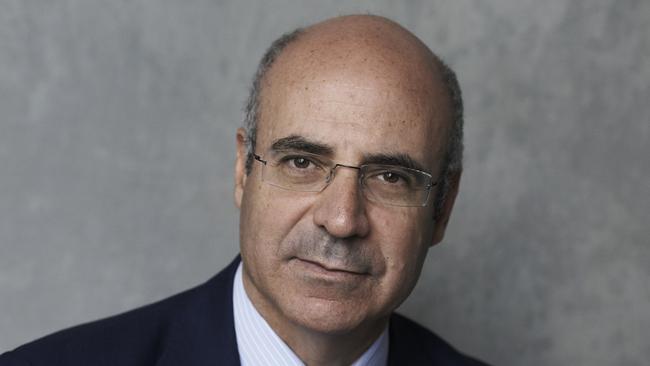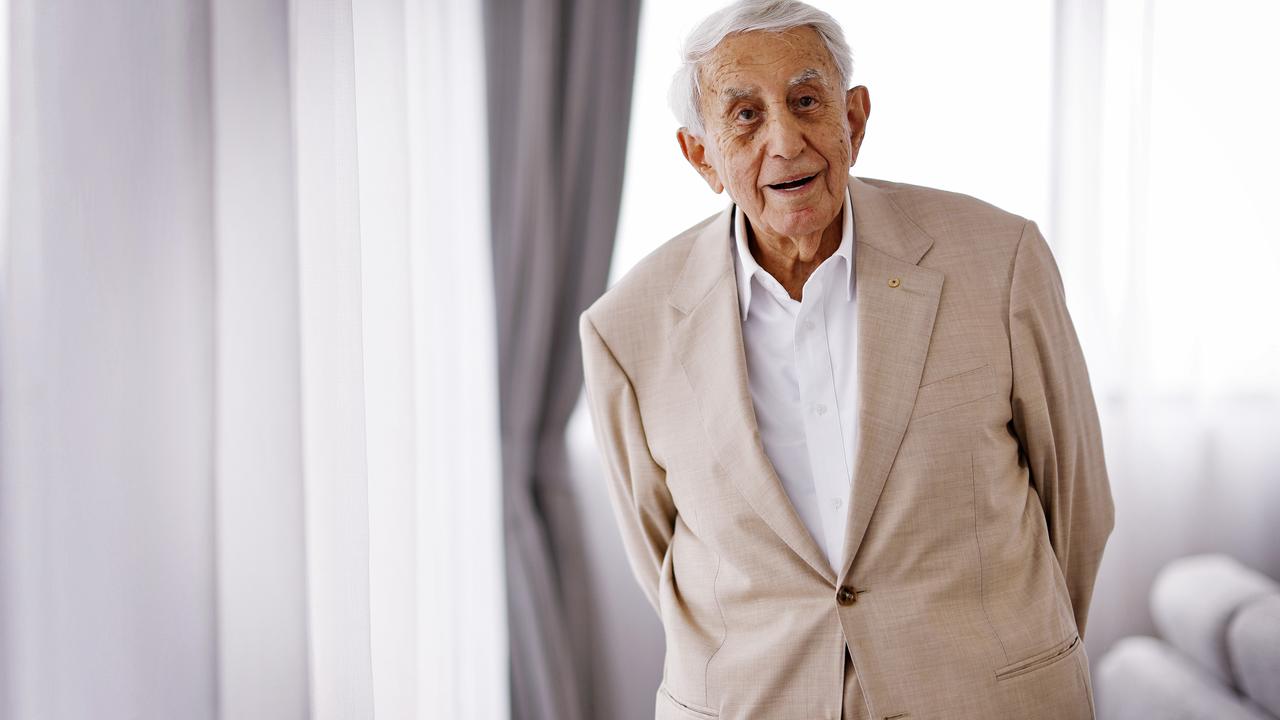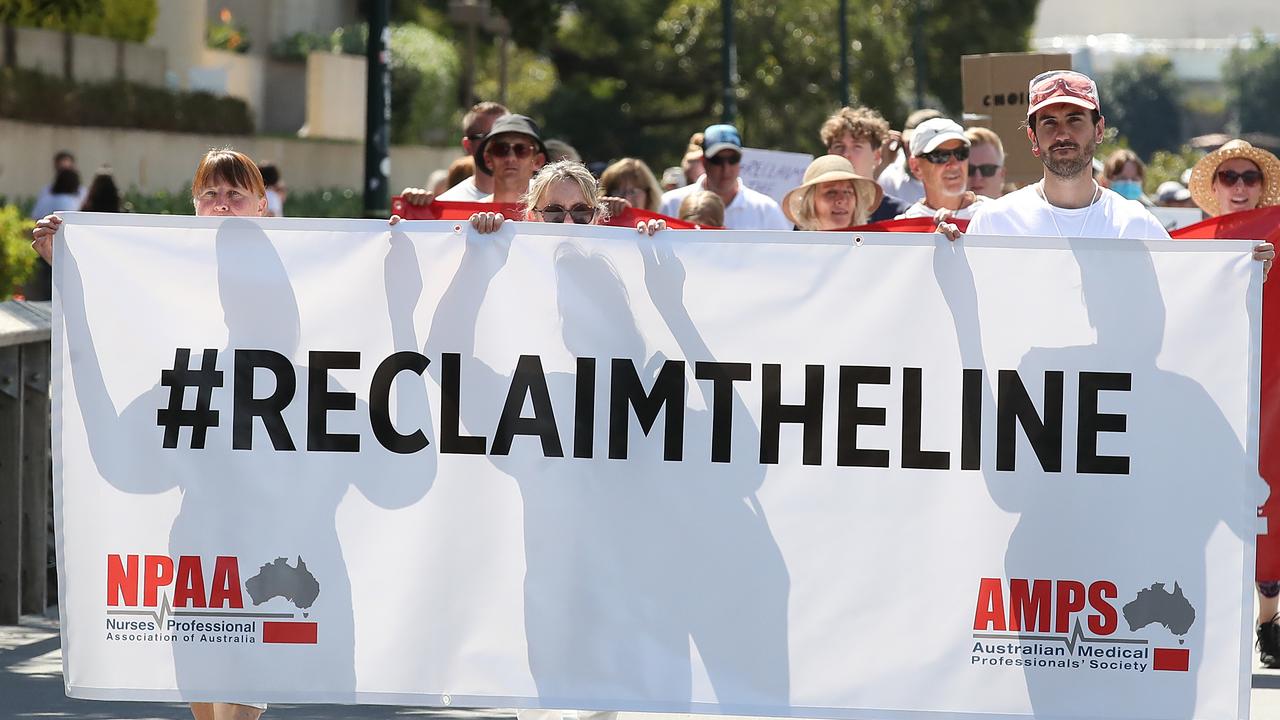Inside a murder, Vladimir Putin and the theft of $US230m
In 2007, convicted killer and low-level gangster Victor Markelov walked into a Moscow tax office and asked for a tax refund. Within 24 hours, he received a cheque for the entire amount: $US230m.

On Christmas Eve in Russia in 2007, a convicted killer and low-level gangster named Victor Markelov walked into Moscow Tax Office Number 28 with a briefcase full of stolen documents and asked for a tax refund. Within 24 hours, he received a cheque for the entire amount: $US230m.
That exceedingly generous early Christmas present was the biggest fraud perpetrated on the Russian treasury. It would result in at least one murder and, ultimately, to reforms of the money-laundering laws of more than a dozen countries. But not before more than $4m of the loot ended up in Australian banks, according to the man who has tracked it, American-born hedge fund manager Bill Browder.
So how did Australia become involved in a plot to “clean” Russian blood money? And how did the seemingly mild-mannered Browder get dragged on to Vladimir Putin’s hit list?
Sham lawsuits
In the 1990s, Browder’s firm, Hermitage Capital Investments, was the largest foreign investor in Russia, with $4bn in funds. It made Browder a rich man. But the financier was expelled from the country in 2005 after speaking out against corruption. Once a supporter of Putin, he now believes Russia has become a mafia state under the former KGB officer, whom he describes as “the biggest crime lord in the world”.
After Browder was forced out, his Moscow offices were raided by interior ministry officials, led by Lieutenant Colonel Artem Kuznetsov. They beat up staff and took away boxes of documents, including company seals and tax certificates. Unbeknown to Browder, ownership of some of those Hermitage companies was fraudulently transferred to convicted murderer Markelov.
Sham lawsuits were then filed against the companies, with judgments totalling $973m awarded against them and used to apply for a tax refund on the basis that the losses negated all profits on which tax had already been paid.
An obliging tax official, Olga Stepanova, authorised the $230m payment immediately.
Browder, by now based in London, hired a young Moscow tax lawyer and auditor, Sergei Magnitsky, to find out what had happened to the money.
Magnitsky discovered that the police who conducted the raid on Browder’s office were involved in the tax fraud. Undaunted, he filed a criminal complaint, only to learn that the officer assigned to investigate the case was Kuznetsov, the interior ministry official who engineered the fraud.
In November 2008, Kuznetsov’s team arrested Magnitsky and threw him in jail. He was offered release if he would implicate himself and Browder in the theft. He refused. A year later, desperately ill and denied medication, he was beaten by guards and left without medical treatment. He died later that night.
Magnitsky was 37. He left a wife and two children.
‘Truck explosion’
Browder, determined to hold the perpetrators to account, gathered a team of forensic accountants to follow the money.
What he discovered was a damning indictment of the international banking system.
Much of the money went first into a private Moscow bank owned by a convicted fraudster called Dmitry Klyuev, based in Cyprus. The previous year, both Stepanova, the tax official, and Kuznetsov, the interior ministry official, had flown to Cyprus (the latter on a private jet) to meet the banker, according to documents filed by the US government in a civil case over the treasury.
A few months after the treasury fraud, the bank went into liquidation. All its documentation was destroyed in an unfortunate “truck explosion,” Kuznetsov testified. Stepanova, a mid-range tax official on a salary of $US38,000, now had cash and assets with her husband worth an estimated $US38m, including a country house valued at $US10m, a seaside villa in Montenegro and a Dubai apartment.
Kuznetsov was less flashy, merely buying million-dollar apartments for both his mother and father, and an $US80,000 Mercedes-Benz and $US130,000 Range Rover for his wife.
Hermitage fraud
The real shock for Browder — and what sent him on the mission that has consumed him for the past decade — was the discovery that much of the money had been sent to legitimate banks in the West, via a complex web of shell companies and a cabal of Estonian, Latvian and Cyprus banks renowned for money laundering.
Some of the cash had been invested in property in New York, where it was targeted by the US government under money-laundering laws, with $US6m recovered. Similar cases in France, Switzerland, Spain, Cyprus, The Netherlands, Poland and Luxembourg have seen more than $US40m frozen.
Some $4.6m is alleged to have arrived in Australia, but the Australian Federal Police and Austrac, the country’s money-laundering authority, have declined to pursue the matter.
Australia is to date the only country to refuse to even contemplate investigating a case resulting from the Hermitage fraud. It is also one of the few Western countries to have thus far failed to enact Magnitsky legislation, a worldwide series of laws named in honour of the murdered lawyer and aimed at stopping corrupt officials being able to travel outside their countries or to take their money with them.
This month, an Australian parliamentary committee that heard evidence from Browder and expert witnesses, including Geoffrey Robertson QC, Amal Clooney and Garry Kasparov, recommended the Morrison government pass a Magnitsky act.
That would allow Australia to target officials like Kuznetsov and Stepanova, both specifically sanctioned by US and others under their Magnitsky provisions.
The government will decide next year whether to adopt the unanimous recommendation of the committee, but senior officials from the Department of Foreign Affairs are known to oppose a new law as “unnecessary.”
Mutual antipathy
As for Browder, he lives under the constant threat of death. He is a marked man.
He holds Putin personally responsible for the death of his friend.
The antipathy is mutual.
Putin has publicly accused Browder of having stolen the $US230m himself.
“What lies underneath these events?” Putin said at press conference. “Underneath are the criminal activities of an entire gang led by one particular man, I believe Browder is his name.”
Russian authorities have tried relentlessly to have Browder arrested and extradited whenever he travels abroad from Britain. They almost succeeded in 2018, when Spanish police detained him on a Russian Interpol “Red Notice” arrest warrant during a visit to Madrid. If not for the prompt intervention of the British government, Browder might have found himself handcuffed on a midnight flight to Moscow.



